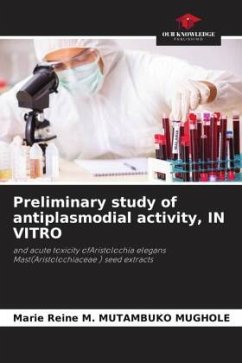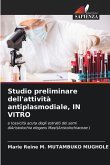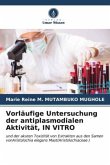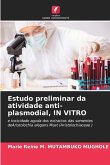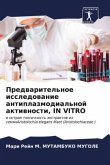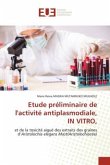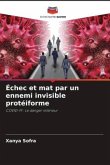Almost half the world's population is threatened by malaria, which causes 100 million clinical cases and over two million deaths every year. The spread of drug resistance complicates the treatment of malaria, often necessitating the use of new drugs that are both costly and toxic. The seeds of Aristolochia elegans Mast are consumed by some nuns of the Congregation of the Oblates of the Assumption, in North Kivu and more precisely in Beni-Paida, to treat malaria. For the same reason, the Ugandan people take the seeds of this species in decoction form. We therefore thought it appropriate to ascertain the in vitro anti-plasmodial activity of these seeds, and to carry out a preliminary acute toxicity study to determine the LD50 of the active extract. Our results show that Aristolochie elegans Mast seeds are indeed active against plasmodium. 200µg/ml is the minimum inhibitory concentration for Ethyl Acetate and Methanolic extracts.
Bitte wählen Sie Ihr Anliegen aus.
Rechnungen
Retourenschein anfordern
Bestellstatus
Storno

